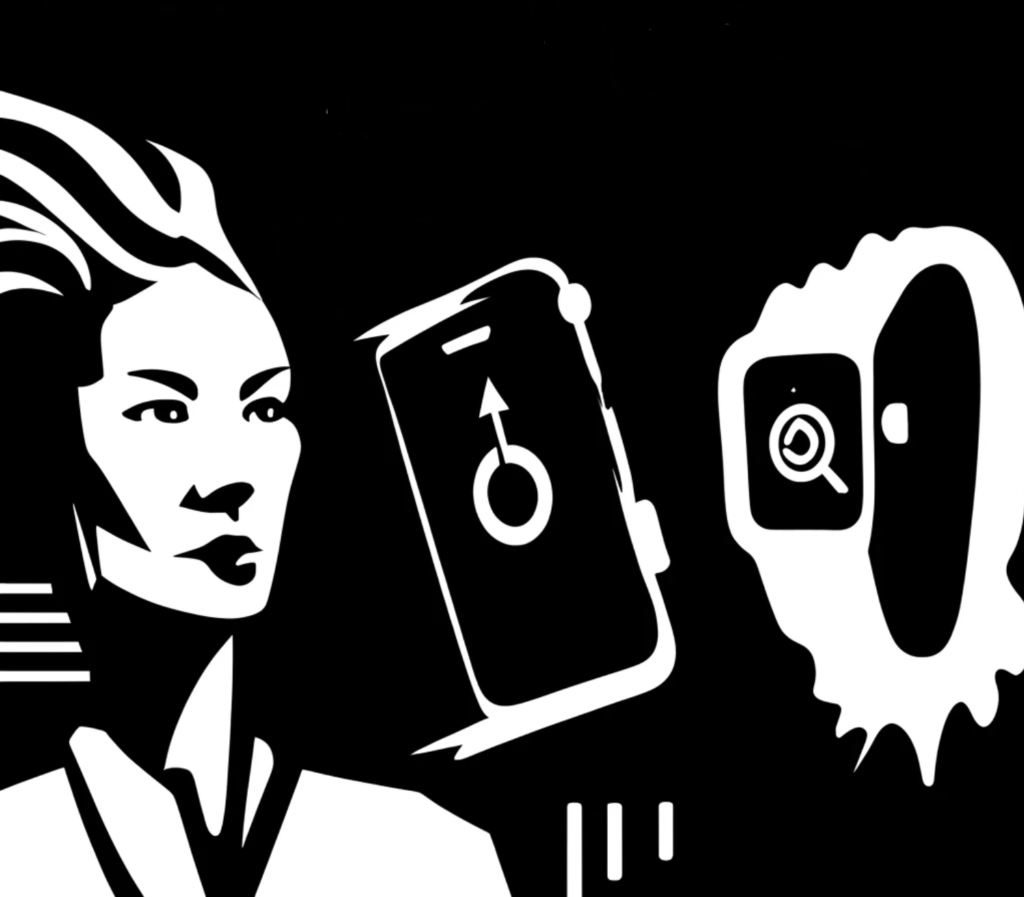In the age of product companies (companies who produce products of their own and sell them to consumers), Product Managers have become crucial to success. Yet still there is no clear path to becoming one, no handbook on how to be a great one and it’s still a very niche position that is tough to fill successfully. In this article I will cover why I feel greatProduct Managers make the best CEOs.

This article will NOT cover what product management is, for more information on that please check out this one
This article will NOT cover how to become a great product manager- see this article for those tips. Running a tech company for so many years I have learned that Product Managers who can do the things mentioned in that article, and do them WELL, can easily be placed into a CEO role and thrive. In this article I’m opening up that point more.
Despite product companies being more and more prevalent, the role of Product Manager is still quite niche and hard to pinpoint. As a CEO I have found that once you find a great one and put them in place, once they’re laser focused in on their products and successfully running them, they’re going to make a great CEO in a few years. Here’s why:
- They know the product really well.
It’s the age of products. We’re talking about products that are heavily building markets, winning market share, constantly innovating and the customers love them. A great Product Manager lives and breathes their product(s), they geek out on the features, are passionate about them, and they can be trusted to be the eyes, ears and voice of the product. Once they’re this strongly aligned with a product (or two or three) they’re also very aligned with the company and its vision for the future. That’s a CEO!
A quick aside- Product Managers are the best friend of the engineers from the very start of development, but you can really tell when an engineer is who takes the product through the stages to launch and there is no product manager on the team- often engineers need that Product Manager voice who is saying this needs less buttons, this needs to be more streamlined etc… and they will know these things because they’ll be so close with their product that they can speak for what general users want and like.
2. A CEO needs to be a generalist.
They know all the numbers, all of the marketing and budgets but also the usefulness and the design, the engineering, the user experience and be able to liaise with all of these teams regularly. The same is true for a Product Manager. To get to what I call “level 4 product management” (a term I made up)* you are the mini CEO of your specific product. One day they’re dealing with engineers, another day they’re working on the design of the box it will be packaged in and another day they’re working with Marketing to make sure the product is being sold and written about the correct way. Now it’s just about scaling up from one or two products to overseeing all of them as a CEO.
I use a chef analogy that Product Managers are like the chefs (and Project Managers are like the restaurant GMs). They care about the food, the taste, the look, the cohesiveness of the menu and the margins on how much money the restaurant is making and what to charge for each dish. It’s a creative role, but it’s much more than that. It’s a financial role, but definitely more than that. A person who thrives in this role is able to use both parts of their brain equally.
*when I say “level 4” I mean someone who has mastered the 4 things mentioned in the article linked at the top. The final step is usually developing the business acumen, which is often a step people shy away from because they think they’re not a business person. I cannot urge this strongly enough but do not shy away from the business side. Once the business brain is developed and you have the other three skills, you’re an invaluable Product Manager and a mini-CEO who is poised for a CEO position down the line.
3. Successful Product Managers are great at getting things done.
A CEO gets things done and moves the company forward… you can see how one position leads into the other one. Product Managers push against the hidden resistance (people being nervous, worried about time etc…) and make sure everything stays on track for launch but also that every I is dotted and T is crossed. Sometimes that may mean creating arbitrary deadlines to get people motivated. I have had to do this as CEO more times than I can count. Just recently I was launching a product and got some pushback about the timeline so I announced a launch event, a few months in the future, but now it’s out there and we have to put it together so every department had to get moving on it. Sometimes you need the push and CEOs know when to do that. Product Managers learn that skill in their position and never stop using it.
4. To be successful as Product Manager you have to be a great communicator.
A master of getting everyone on the same page and working towards the same goals at all times. In companies silos are created, people get into their own agenda and forget about the other departments, and people start making assumptions. A good product manager is a master of communication not only the daily agenda but making sure everyone is clearly communicating their needs and the end goals at all times.
Example- there can be a miscommunication early on that sends the engineers down the wrong path. The more quickly this is caught, the more money and time the company saves. The happier everyone is. If the departments don’t communicate and no one checks in this miscommunication can spiral out of control and become very costly and waste a whole lot of time.
This sounds so simple but anyone who has ever worked with a team, done a group project or planned a family vacation knows it’s never as simple as it sounds.


